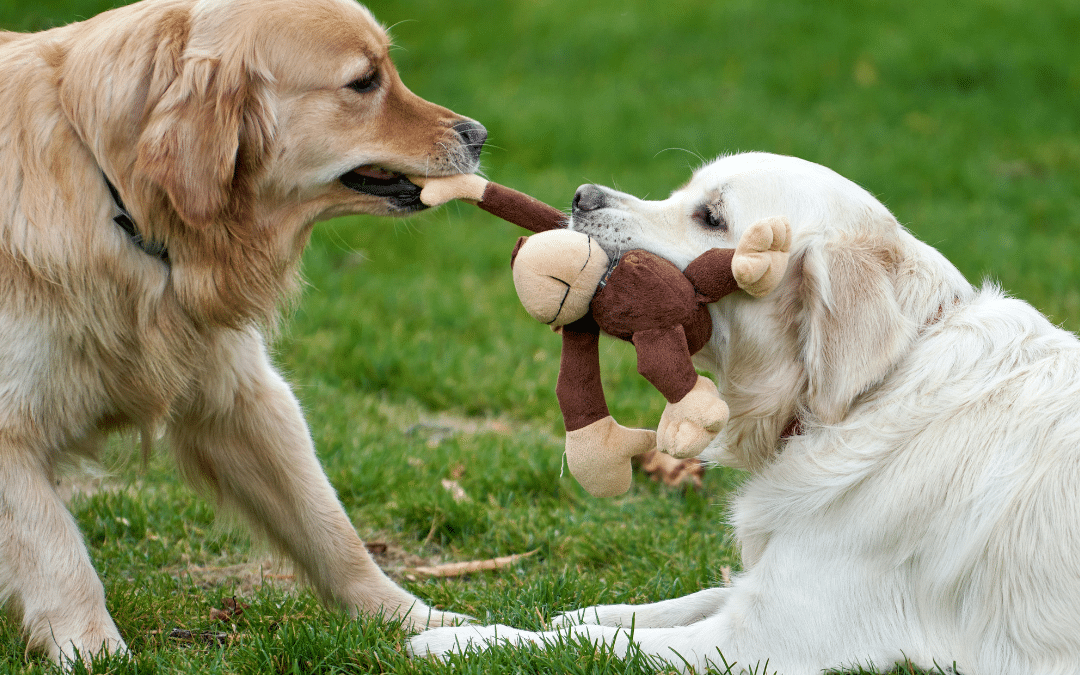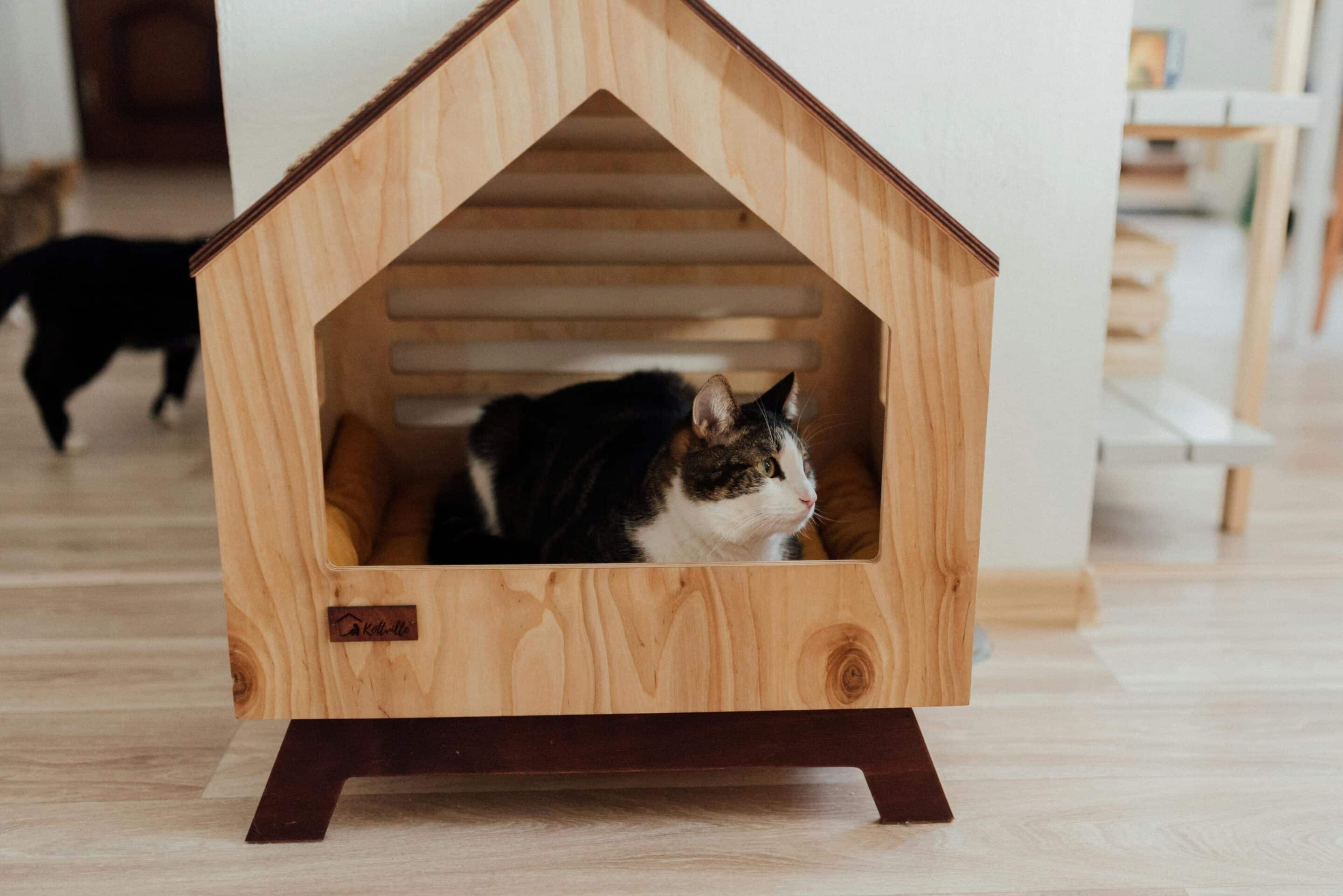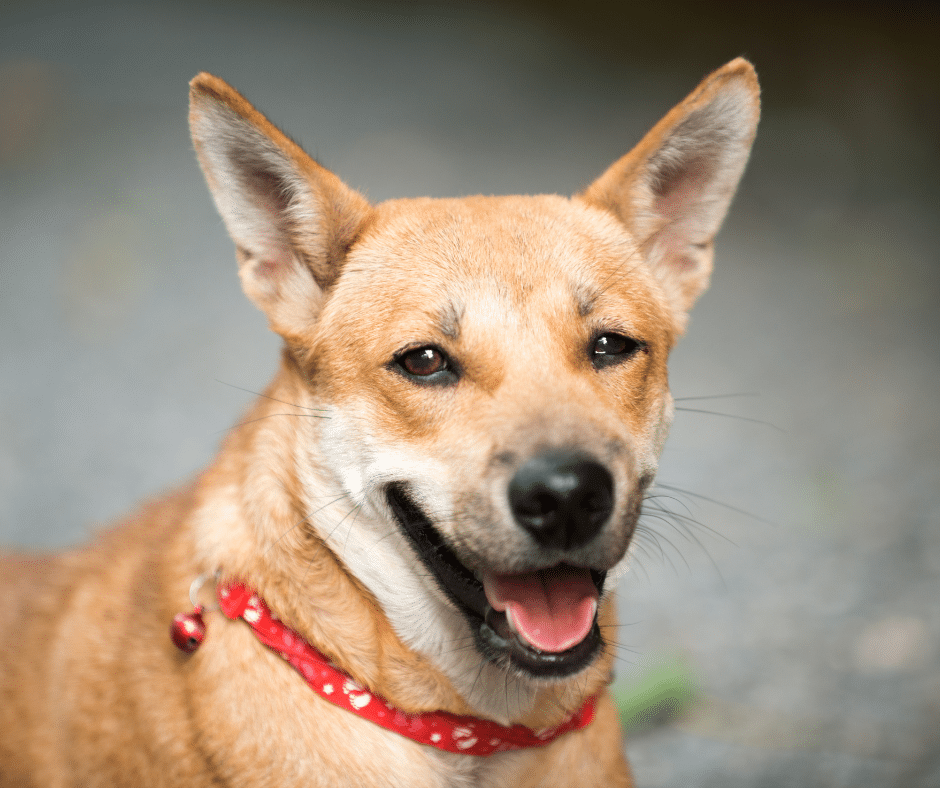Introduction to Doggy Daycare
In the bustling world of pet care, doggy daycare has emerged as a sanctuary for our four-legged companions. This service, once a novelty, has become an essential aspect of pet care, offering a haven where dogs can frolic, socialize, and flourish. Doggy daycare provides more than just a safe space; it’s a verdant playground where pets engage in healthy interactions, nurturing their mental and emotional well-being. With the rise of urban living and busy lifestyles, more pet owners are turning to doggy daycare to ensure their canine friends receive the attention and engagement they need.
Understanding Pet Anxiety and Behavior
Pet anxiety manifests in myriad ways, from nervous pacing to destructive behavior. Understanding the root causes of this anxiety is crucial for ensuring a harmonious relationship between pets and their owners. Often, the symptoms of anxiety can be traced back to a lack of stimulation or inadequate social experiences. Dogs, inherently social creatures, thrive on interaction and companionship. When deprived of these elements, they may exhibit signs of distress.
Doggy daycare can be a transformative solution to such behavioral challenges. By providing a structured environment where dogs can interact with their peers under the watchful eyes of trained professionals, daycare services can help alleviate anxiety and foster a more balanced demeanor in pets.
The Role of Socialization in Reducing Anxiety
Socialization is a cornerstone of a dog’s development. It involves exposing them to various environments, people, and other animals to build confidence and reduce fearfulness. In a daycare setting, dogs encounter a diverse array of stimuli, learning to navigate social hierarchies and developing essential communication skills. These experiences are instrumental in mitigating anxiety, as they equip dogs with the tools to handle new situations with aplomb.
- **Enhanced Communication Skills**: Through play and interaction, dogs learn vital cues and signals, improving their ability to communicate effectively with other animals.
- **Increased Confidence**: Regular exposure to different settings and companions bolsters a dog’s self-assurance, diminishing the likelihood of anxiety-induced behaviors.
- **Mental Stimulation**: Engaging activities in daycare challenge a dog’s intellect, providing an outlet for energy and reducing stress levels.
In conclusion, doggy daycare offers a plethora of hidden benefits, particularly in the realm of socialization and anxiety reduction. By facilitating positive interactions and providing a nurturing environment, daycare services play a pivotal role in enhancing the quality of life for our canine companions, ensuring they remain happy, healthy, and well-adjusted members of the family.
How Playtime Improves Pet Behavior
Playtime is not merely a frivolous pastime for dogs; it is an integral part of their behavioral development. Engaging in play allows dogs to expend excess energy, which can otherwise manifest as unruly behavior at home. When dogs participate in structured play sessions at doggy daycare, they learn to channel their energy positively, resulting in calmer behavior when they return home.
Additionally, playtime provides an opportunity for dogs to practice important social skills. During play, dogs learn to interpret body language, respect boundaries, and respond to cues from both their human caregivers and fellow canines. These interactions help reinforce desired behaviors, such as patience and sharing, while also discouraging negative behaviors like aggression. Ultimately, the enrichment provided by regular play sessions leads to a more well-rounded and adaptable pet.
Benefits of Consistent Interactions with Other Dogs
Consistent interactions with other dogs are vital for a pet’s social development. At doggy daycare, pets have the chance to build relationships with peers, learning the nuances of canine social structures. This constant exposure aids in developing trust and reducing fearfulness around other dogs. By engaging with a variety of personalities, dogs become more adaptable and less prone to anxiety when encountering new furry friends outside of the daycare environment.
Moreover, these interactions encourage cooperative behavior. Dogs learn the art of compromise, understanding when to lead and when to follow in group activities. This social learning extends beyond daycare walls, fostering a pet’s ability to integrate smoothly into different social settings, whether at a dog park or during family gatherings.
The Impact of a Structured Environment on Pets
A structured environment, such as that provided by doggy daycare, offers pets the stability they need to thrive. Routine activities and predictable interactions create a sense of security for dogs, reducing stress and anxiety. In such environments, pets can anticipate daily schedules, from playtime to rest periods, which helps alleviate uncertainty and promotes a calm demeanor.
Structured settings also allow for personalized attention from trained staff. Caregivers can observe and address individual needs, ensuring each dog receives the appropriate level of socialization and mental engagement. This tailored approach not only benefits the dog’s immediate well-being but also facilitates long-term behavioral improvements. By nurturing a stable and supportive environment, doggy daycare helps pets cultivate balanced behavior, ultimately enhancing their quality of life.








Recent Comments